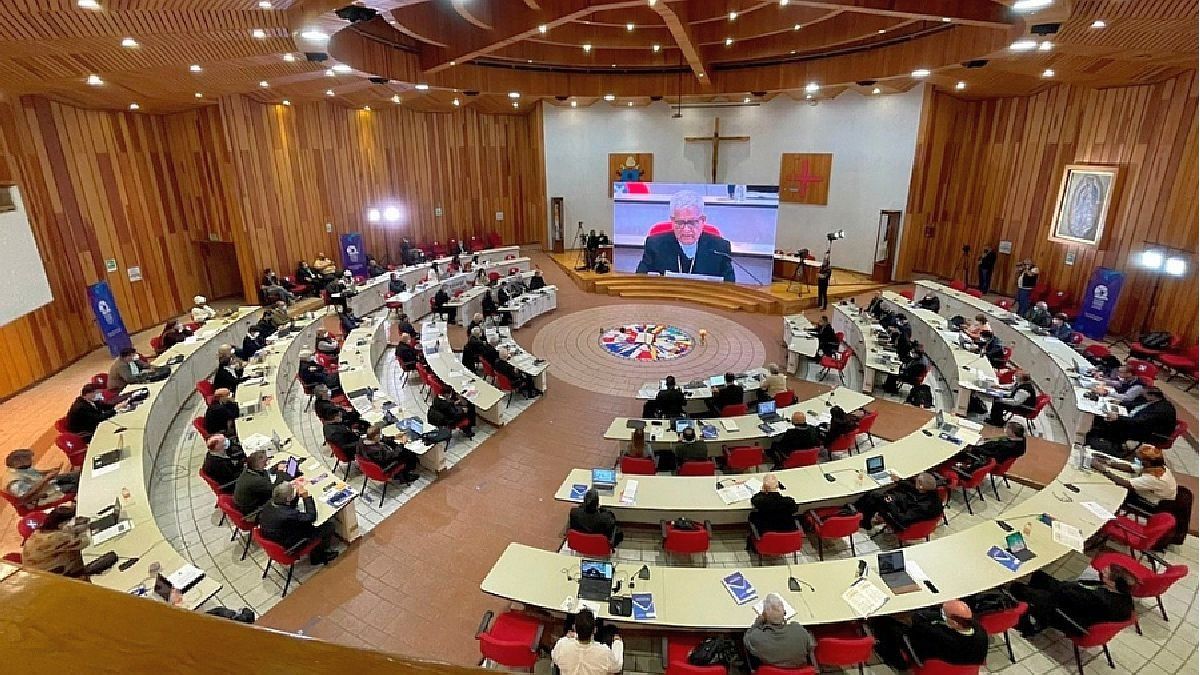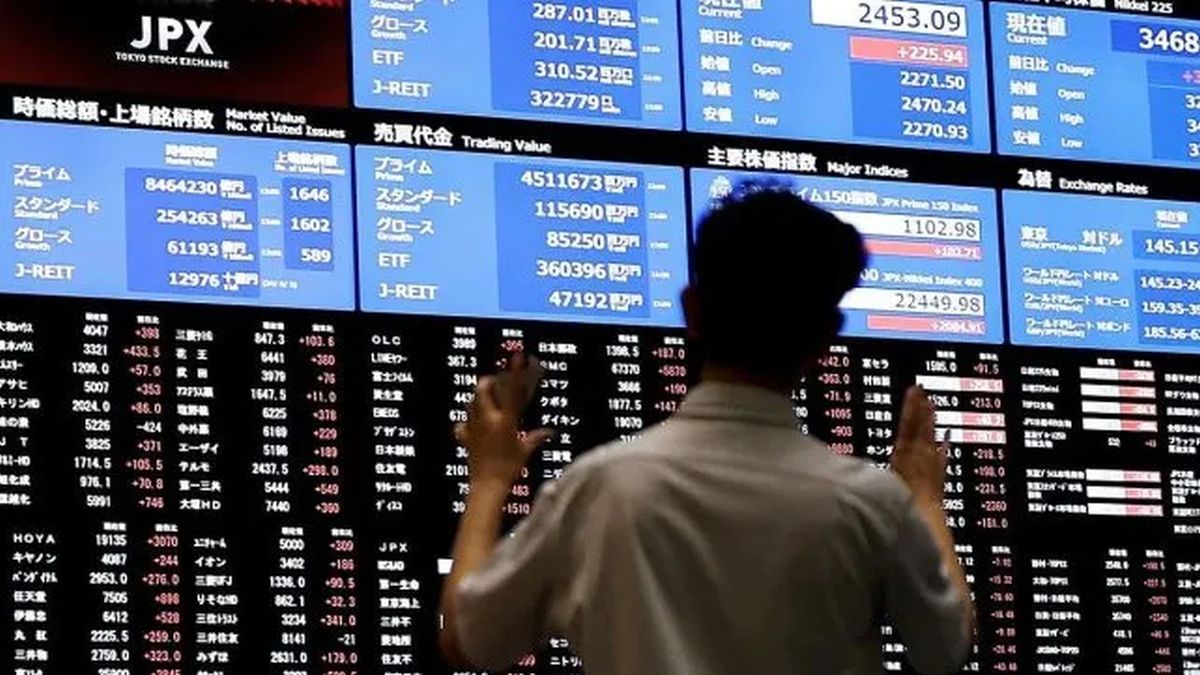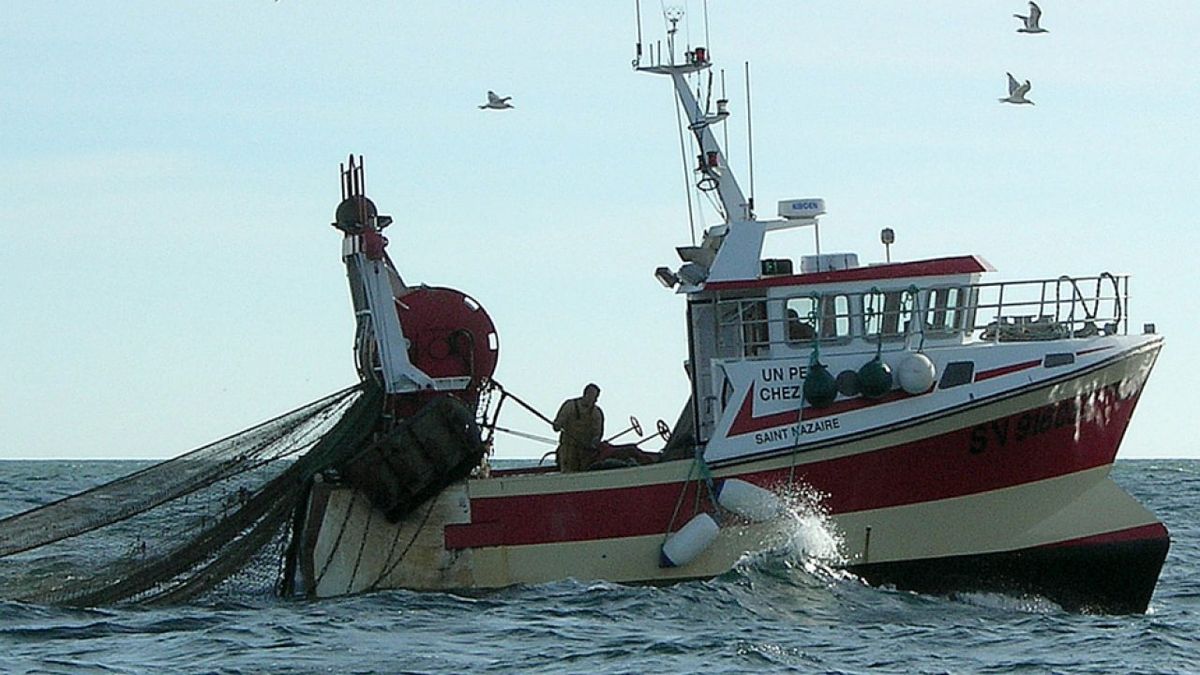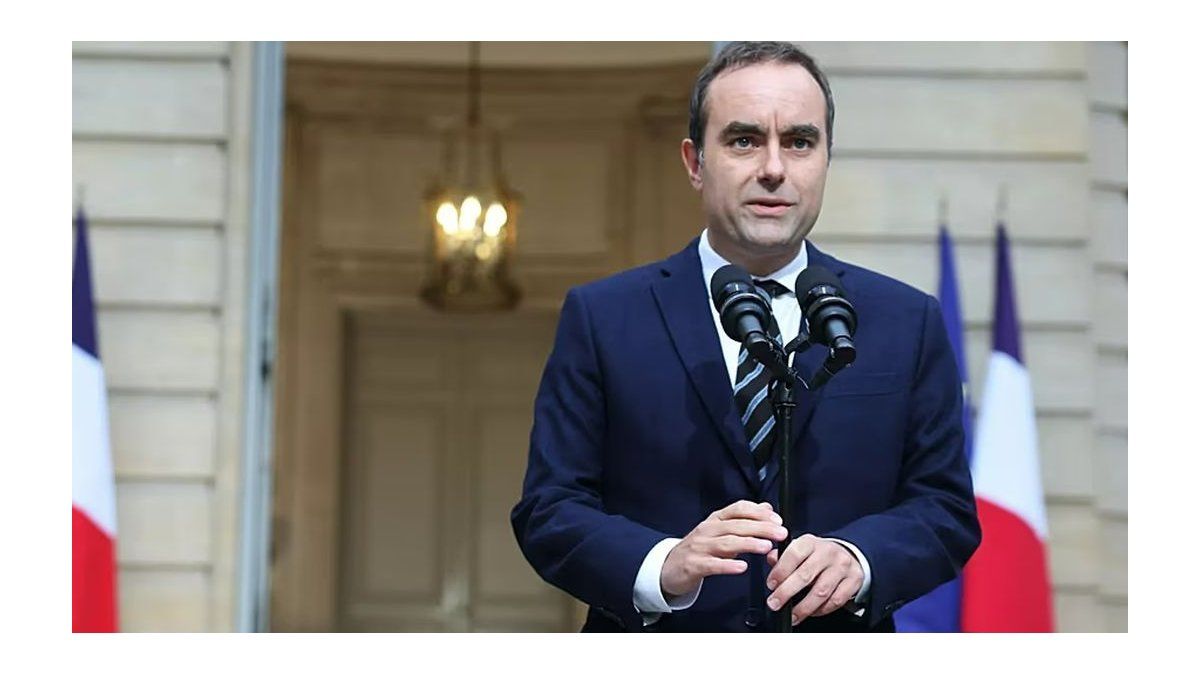It happens that the leadership of the Church is episcopal, only bishops. And the Jesuit and Latin American Pontiff considers that to return to the roots of the Gospel, of the first communities of faith, the conversion of this episcopal character to an ecclesial one is inevitable, that is, to a leadership of the collegiate Church, that it incorporates the baptized in its wide diversities and that it makes decisions in their parishes (neighborhoods or communities), dioceses (provinces or cities) and continents.
Emilce Cuda Lucio Ruiz Mario Grech.jpg
The Mexican bishops having breakfast in the Vatican: the highest authority of the Holy See Communication, Monsignor Lucio Ruiz, next to him the theologian Emilce Cuda and Cardinal Maltese, Mario Grech.
Therefore, in accordance with this objective of deepening its support for the first ecclesial assembly of the Catholic Church, Bergoglio sent five Vatican cardinals, the monsignor in charge of communication from the Holy See and his ambassador in Mexico, the outgoing apostolic nuncio, Franco Coppola.
The religious who perhaps concentrates the greatest power of all those sent is Marc Ouellet. Unknown to most Catholics, he is a man who was elevated to the post of cardinal by the Polish Pope, John Paul II; and then located by the German Pontiff, Joseph Ratzinger, in the strategic Congregation for Bishops.
This Canadian cardinal not only has determining weight in the appointment of bishops throughout the world, that is, in the distribution of the captains of the Catholic spiritual army of 1.3 billion baptized, but also leads the Pontifical Commission for Latin America (PCAL), one of the government areas closest to the Pope’s feelings.
Pedro Barreto David Martínez.jpg

The Peruvian cardinal and president of the Panamazonic Ecclesial Network, Pedro Barreto, and Bishop David Martínez, Spanish and missionary in the Amazon.
It is necessary to know that Ouellet lost the comfort that he maintained a few years ago. Two months ago, the Pope appointed two Latin Americans to the Canadian team: Emilce CudaHead of the PCAL office, she is a theologian with extensive academic work both in the United States and in Latin America, who was strengthening her gaze through her friendship and training with the Jesuits, popular movements, and unions in Argentina; and the mexican teacher Rodrigo war, as secretary of PCAL.
Another newcomer is Mario Grech, the Maltese cardinal who is working on what will be the most important event of next year, that is, the Synod of Synodality. The religious was appointed in that key place by Bergoglio himself.
In this context, another papal envoy who arrived today at Casa Lago was the Burmese-born Salesian Charles Maung Bo, current archbishop of Yangon, member of the so-called G-7 (the group for the reform of the Roman Curia) and at the same time president of the Asian Bishops Conference.
Ecclesial Assembly of Latin America and the Caribbean 2.jpg

Beyond the names, one of the issues absent in the debates is the care of the “Common Home” that Pope Francis demands.
On Wednesday, November 24, the evening mass in the Ecclesial Assembly was offered by Cardinal Jean Claude Hollerich, President of the Episcopal Conferences of Europe and Archbishop of Luxembourg.
Of all of them, the first Vatican cardinal to arrive in Mexico was Oswald Thank you, Archbishop of Bombay. His early arrival was significant considering that India is one of the most populated countries on the planet. It is also important to note that although it is a nation where Christianity is a minority, its prime minister recently invited the Pope to pay them an official visit. In addition to these non-minor data, the Indian cardinal is a member of the small but decisive Group of Seven (G-7) for the Governance Reform of the Roman Curia.
Finally, another member of the entourage of the smallest and most spiritual state in the world is the secretary of the Dicastery of Communication, monsignor Lucio Ruiz, who works with one ear in the assembly and fingers on his netbook, spreading the latest communicational news of the Pope.
Absences of God’s people
The European religious are hardly aware of the significant absences of the large groups of baptized Latin American and Caribbean people. In only four days of development of this exceptional meeting, all the weaknesses were exposed, although it is true that there are still a few days to push corrections.
The presence and virtual absence of the only indigenous and Bolivian cardinal of the Roman Curia, Quechua, is striking. Toribio Ticona Pork. Although some may justify the situation based on the delicate health of the religious, those who know of his public activities in the multinational country will say that it is an argument with little support.
Ecclesial Assembly of Latin America and the Caribbean 3.jpg
Emilce Cuda, the Argentine Vatican theologian, next to him is Maltese Cardinal Mario Grech.
Beyond the names, one of the topics absent from the debates – at least until today, Thursday 25 – is the care of the “Common House”. There is no reflection on the subject, with the sole exception of some press conferences. During the second day of activities, the Peruvian cardinal, Pedro Barreto, referred to the calamities of the Amazon Yanomani community; the Colombian priest and executive secretary of the Amazon Ecclesiastical Conference (CEAMA), Alfredo Ferro Medina, mentioned “The disappointment of the COOP26 climate summit”; and the secretary of the PCAL, Emilce Cuda, defined as “a shame” that within the Church and Catholic universities, a deep debate about the care of the Common Home should not be opened. In this regard, the Vatican official and first theologian in the Roman Curia clarified that the secular world debates, reflects and applies the encyclical by Francisco Laudato Yes. “The Pope asks us to build effective social dialogue, we are still in debt”, concluded the author of the book “To read Francisco. Theology, ethics and politics ”.
In the enumeration of absences, it is also essential to name the laity who are part of the Popular Movements, to mention Missionaries of Francis in Argentina or the Landless Movements of Brazil, in addition to the leaders of the traditional unions grouped in centrals, federations or associations.
The absence of the Popular Movements For two reasons. On the one hand, because they are vital in the teaching of Jorge bergoglio. It must be remembered that in their last meeting he called them “collective Samaritans”, for being those in the periphery, in full confinement by the coronavirus, did not stop assisting the excluded. Secondly, Some of those present at Casa de Lago have daily dialogues and concrete tasks with the laity who are active in unions or organizations of the so-called popular economy.
Ecclesial Assembly of Latin America and the Caribbean.jpg
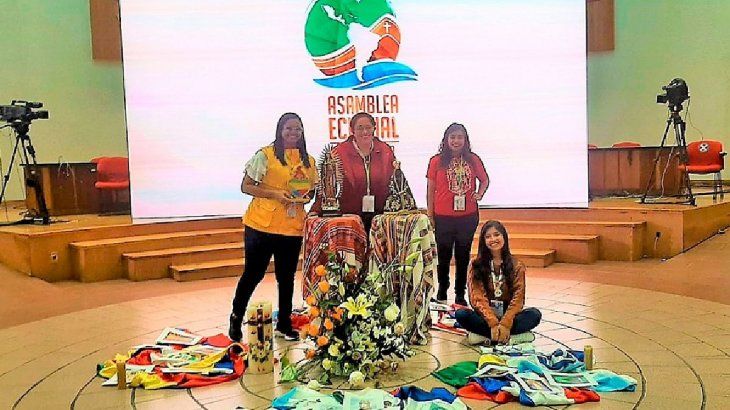
The youth entourage, all of them women, are absent from the dialogue of the final draft.
From the church itself in the communities, with their feet in the mud on the outskirts of Argentina, are the so-called villeros priests and the Option Cures for the Poor. They were also absent. There was only one online connection from the auxiliary bishop in the City of Buenos Aires, Gustavo Carrara. They did not even disclose documents addressed to the Ecclesial Assembly, which means that they did not even contemplate a debate within their groups, probably due to the daily urgencies of being in the trenches of the discarded communities.
Despite being organized in 16 countries of the region, married priests were also not mentioned in the Assembly’s working groups, completely omitted from the “Document for community discernment”, which was the event computer. These religious sent documents, after meetings in forums, to the leadership of the Assembly and CELAM, the Episcopal Conference of Latin America, but their initiatives only appear in the working document “Narrative Synthesis”, more precisely on pages 120 and 121.
Ecclesial Assembly of Latin America and the Caribbean 6 .jpg

Young women from Bolivia, Costa Rica and the Dominican Republic in Latin American Youth Ministry.
The last absence in defining places of the Ecclesial Assembly were the young people. For now they do not appear in the drafting committee of the final document. The youth entourage, all of them women, are absent from the dialogue of the final draft.
Journalist. Writer. National and International Policy Analyst (@LSchaererOK)
Source From: Ambito

